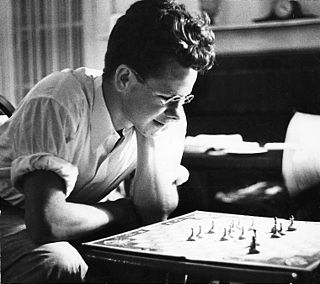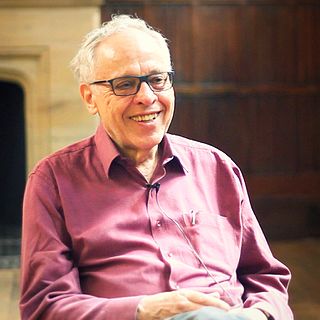A Quote by Isaac Asimov
The laws of history are as absolute as the laws of physics, and if the probabilities of error are greater, it is only because history does not deal with as many humans as physics does atoms, so that individual variations count for more.
Related Quotes
A scenario is suggested by which the universe and its laws could have arisen naturally from nothing. Current cosmology suggests that no laws of physics were violated in bringing the universe into existence. The laws of physics themselves are shown to correspond to what one would expect if the universe appeared from nothing. There is something rather than nothing because something is more stable.
Eternal life does not violate the laws of physics. After all, we only die because of one word: "error." The longer we live, the more errors there are that are made by our bodies when they read our genes. That means cells get sluggish. The body doesn't function as well as it could, which is why the skin ages. Then organs eventually fail, so that's why we die.
It seems that every practitioner of physics has had to wonder at some point why mathematics and physics have come to be so closely entwined. Opinions vary on the answer. ..Bertrand Russell acknowledged..'Physics is mathematical not because we know so much about the physical world, but because we know so little.' ..Mathematics may be indispensable to physics, but it obviously does not constitute physics.




































